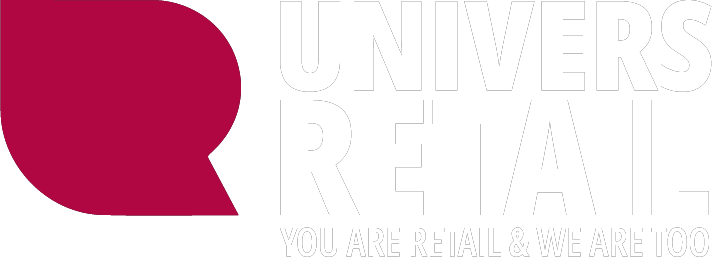The keys to success in modern international trade
Depending on a company's type of activity and volume of business, it may be economically advantageous to source directly from the countries where the items you wish to sell are produced. This requires an interest in international purchasing: importing involves bringing goods from a country outside the European Union into a European Union country, while the transfer of goods between two European Union countries is called an intra-Community exchange.
Free movement of people and goods
For international purchases, several steps are required:
- We need to select producing countries and suppliers (sourcing).
- The goods must be transported to the country of destination (international transport).
- A financial flow must be set up to pay for the goods (international payments).
- It is also necessary to obtain authorization to put the products on sale in France (customs clearance).
All these stages are interdependent and need to be carefully studied and integrated into the supply chain master plan.

Our expert opinion
- The decision to import is part of the logistical master plan, and needs to be reassessed regularly. It is important that importing is a collective process, requiring a certain amount of expertise on the part of all departments, particularly with regard to their operations, their ability to anticipate and their objectives.
- The sourcing of each product must be adapted to the company's specific needs. Securing the commercial relationship is essential for both parties, and is determined by the suppliers selected and the maturity of the relationship. (Choice of payment method).
- The choice of Incoterm is also an important element to consider when thinking about imports. It can have a significant cost, borne either by the seller or the buyer, and defines the rights and responsibilities of both parties.
- It is also essential to take into account customs optimization, which cannot be improvised and varies according to the product.
In conclusion, success in modern international trade requires a thorough understanding of the various stages in the import process. Sourcing, which involves choosing producing countries and suppliers, is crucial to guaranteeing quality and ease of supply. In addition, the use of Incoterms clarifies responsibilities, costs and risks in international transactions. When it comes to international payments, it is essential to use secure methods such as documentary credit or documentary remittance.
In addition, customs clearance is a crucial step in getting products onto the national market. It is also important to optimize the customs process in order to take advantage of preferential tariffs and save on customs duties. By keeping all these keys in mind, a company can succeed in international trade by maximizing business opportunities while minimizing financial risks.
If you'd like to carry out an audit of your supply chain and customs operations, or map out your company's flows and sourcing, don't hesitate to talk to our experts. We'll find the solution best suited to your needs.
Computer graphics by Simon Groulez and Dominique Blanchar

